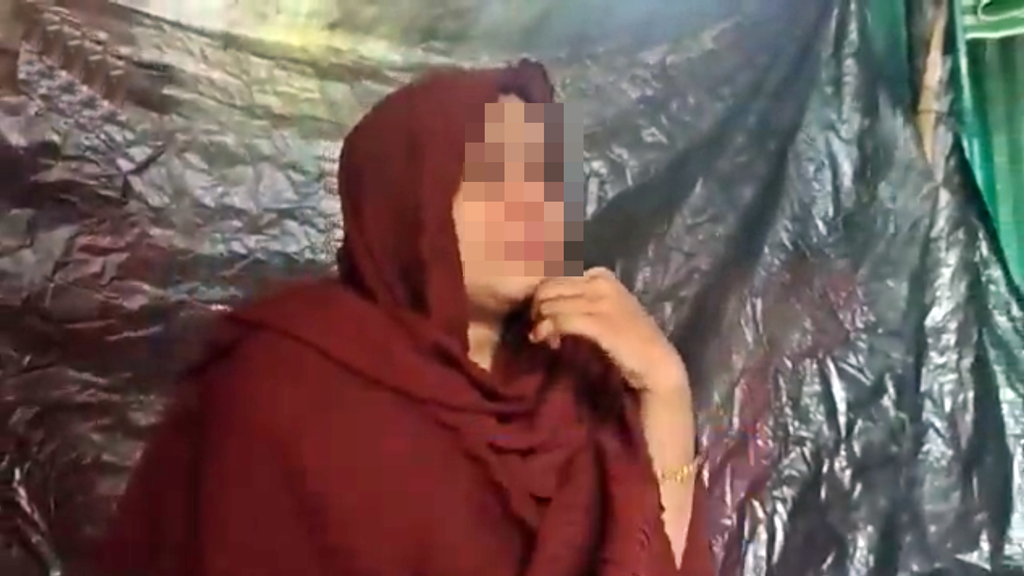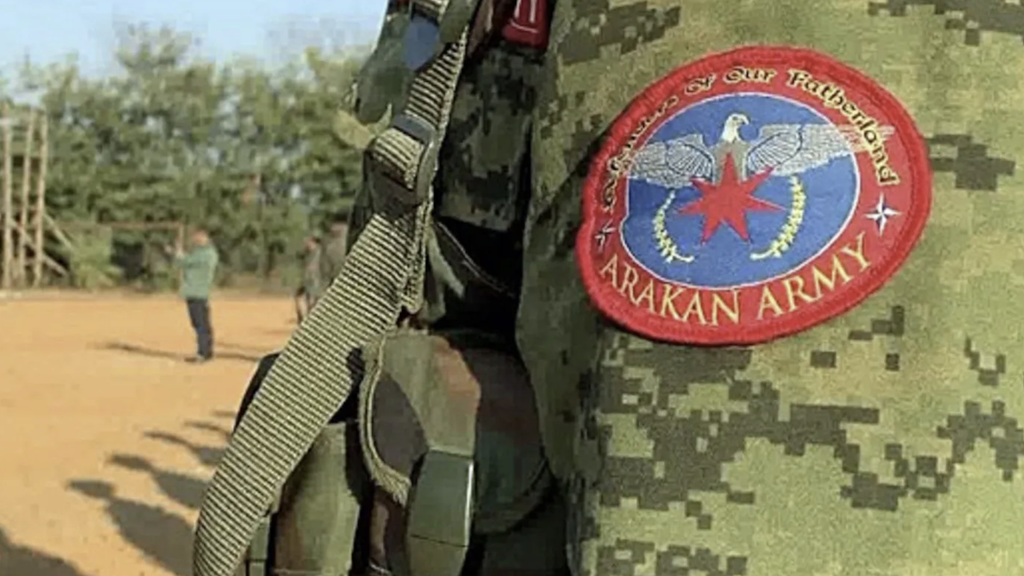
Recently-fled Rohingya families recall harrowing abuses at hands of Myanmar Military, Rakhine’s AA Rebels
- 12/09/2022
- 0
By The Rohingya Post
The testimonies paint extremely distressing picture of Rohingya who face both the military’s ongoing genocide and human rights abuses of AA rebels. After five days of shelter in Kutupalong Refugee Camp, the two families were forced to leave the camp.
On September 8, two Rohingya families, mostly women and children, fled into Bangladesh seeking refuge after going through harrowing abuses at the hands of both Myanmar Military and Rakhine’s Arakan Army (AA) rebels in Buthidaung township.
The recently renewed fighting between the miliary and AA rebels have caused fear, trauma and abuses to the remaining Rohingya people in Rakhine State.
The testimonies paint extremely distressing picture of Rohingya who face both the military’s ongoing genocide and human rights abuses of AA rebels.
Dildar Begum, Young Mother, The Widow
Dildar Begum, aged 20, was born and lived in U Hla Hpay village tract, Taung village, Buthidaung township. Her husband Shahidullah was killed when he was trying to protect her from sexual abuses at the hands of AA rebels. Now she is survived by her three months old daughter Ayesha Bibi.
Both the military and AA rebels have threatened Dildar Begum and their villagers to leave.
“When they (AA rebels) have attempted to sexually harass me, my husband has approached them. Then they have killed my husband,” Dildar Begum told Dhaka Tribune.
After killing her husband, AA rebels have tried to persuade Dildar to convert to Buddhism with marriage, money and gold.
“I told them that I don’t want your money or gold, nor I want to convert to your religion or get married. I told them to rather kill me.
“They have taken our men and killed them. Then they have raped and abused women.”
She has fled along with her villagers to neighbouring Maungdaw township from where her family has crossed the border into Bangladesh to take shelter in Kutupalong Refugee Camp, Cox’s Bazar.
Abul Wafa, Newly Married Father
22-year-old Abul Wafa who is from Tha Yet Kin Ma Nu village of Buthidaung township, has also fled into the same camp along with his five months old daughter Ayesha Siddika.
Abul Wafa has also testified the similar human rights abuses that his villagers have faced in Buthidaung.
“Rakhine rebels have oppressed us so much. Women and girls were being abused. Because of that, a lot of people have been trying to flee,” Abul Wafa relates the oppression and abuses.
“The military junta and Rakhine rebels are both fighting. The military government threatens us to leave. Rakhine rebels also threaten to leave. The rebels come to our village to loot everything from us. They extort money from widows. If they cannot give, they are beaten and tortured.
“Whenever Rakhine rebels see beautiful (Rohingya) women, they try to abuse them,” Abul Wafa continues.
“We had to flee quietly. The military and Rakhine rebels have forced us to leave, but the miliary doesn’t allow us to cross (the border). There are a lot of Rohingya families who have fled to Dhangkhali at the border. Now around 800 to 900 families are being stranded there.
“It is said that the government has plans to remove Rohingya from other parts of (of Arakan) and put all Rohingya into camps in Maungdaw township.”
Despite the International Court of Justice (ICJ) has placed provisional measures on Myanmar to protect and prevent from further crimes of genocide, now the remaining Rohingya continue to face intimidation, harassment, abuses and tortures at the hands of two groups of perpetrators – the military and AA rebels.
Forced to leave the Camp
Since they have taken shelter in Kutupalong Refugee Camp, CIC (Camp-in-charge) has put pressure on Majhi (Rohingya camp leaders) to immediately remove the newly arrived families from the camp.
On September 11, the two families were forced to leave the camp. Their whereabouts are unknown many fearing of the young families’ lives in a new country after fleeing with trauma and experiencing loss.
In the meantime, Bangladesh has tightened the border following the clashes between the Myanmar military and AA rebels.
According to Border Guard Bangladesh (BGB), nearly 500 Rohingya – 131 women, 81 children and 266 men- were sent back to Myanmar between January and July 2022.






